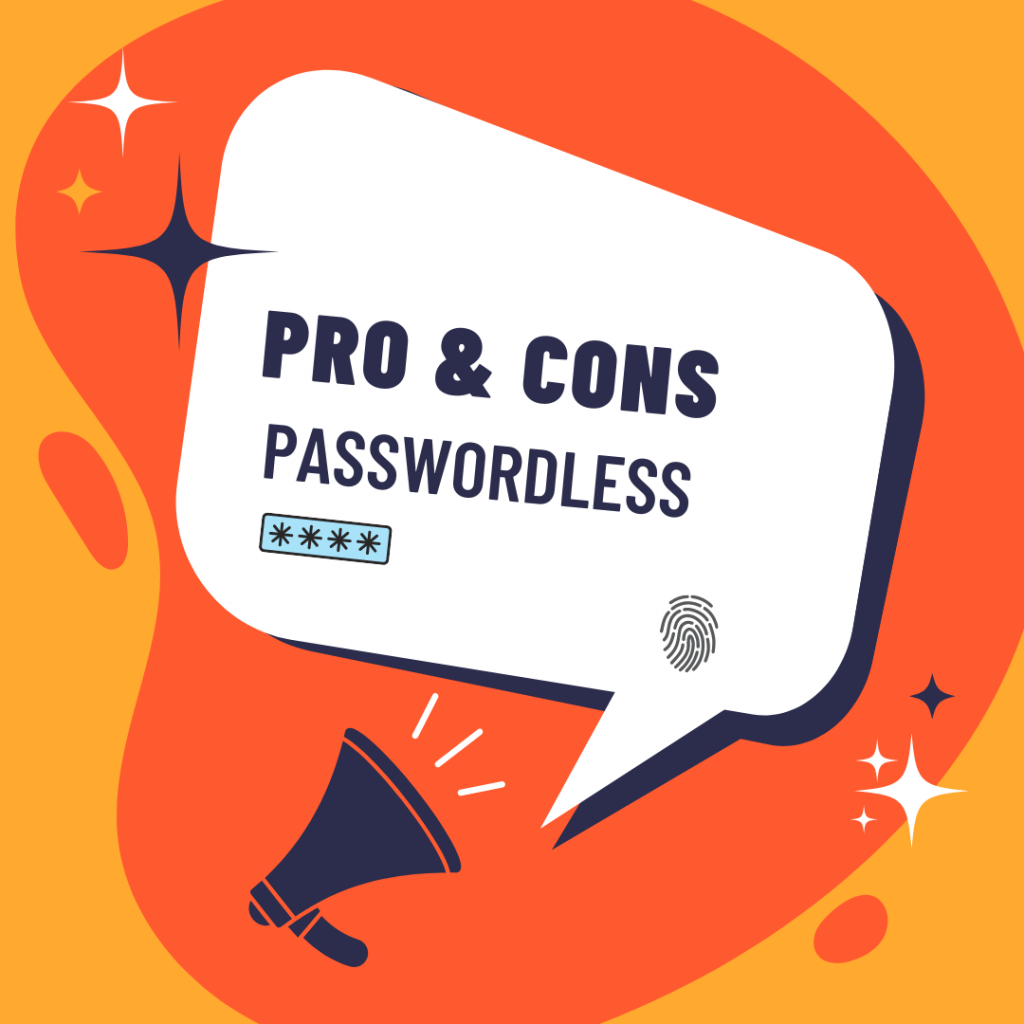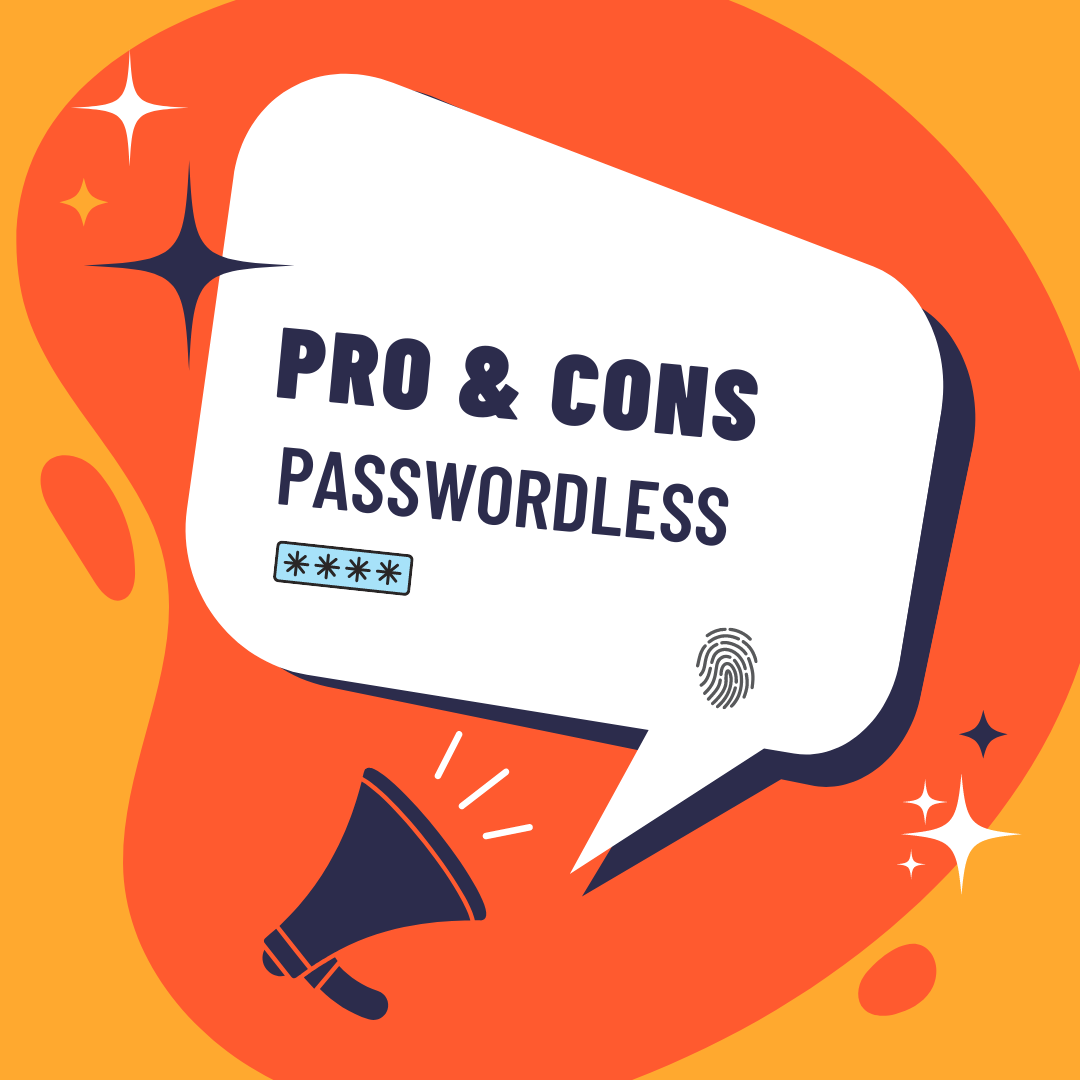Pro and Cons Security Level Using Passwordless Authentication
Passwordless authentication simplifies user and customer experiences. If you're interested in a password-free future and would like to know what pro and cons for your bussiness

Pro of Passwordless authentication
Numerous applications rely on passwords as their last line of defence against unauthorized access. Passwords are hated both by end users (who also have too many to remember and by system administrators (who still have to fix login difficulties, thus nearly no one would sorry to see them phased out of existence. It has been estimated that the typical internet user has 150 different accounts that need a password. Expect that number to reach 300 by 2022. It's hardly surprising that many individuals use the same password twice or fail to use any at all. New technologies like fingerprint scans, face recognition, hardware tokens, and automatically generated one-time passwords (OTP) have made passwords obsolete. Is passwordless authentication safe, and what are the risks?
Enhanced Usability
Password-less authentication instantly reduces user stress since they no longer need to memorize a long string of characters. Users will have a better time in general if they don't have to deal with as many issues throughout the authentication procedure. This is of paramount significance in programs that interact directly with users. If consumers have a frustrating time logging in, you might say goodbye to a lot of potential revenue.
Increased Security
It's easy to see why so many people use the same password for many accounts: people tend to go with what's simplest. If hackers discover a password that is identical to one already in use, they will be able to break into several accounts, including those using your service. By switching from a password-based authentication method to one that doesn't rely on duplication, your system's security will instantly improve enormously.
Reduced administration overheads
Help desks face a significant burden when users repeatedly contact them to reset their passwords. It is possible to set up automatic password reset procedures in certain circumstances, however this may not be enough for highly secure programs. By eliminating the need to change passwords for forgetful workers, you may save money on support staff in the long run by switching to biometric or token-based authentication.
Cons of Passwordless authentication
Potential cost hikes
Passwordless authentication may help you save money in the long run, but its adoption may cause short-term budgetary strains. For instance, you'll need to provide start-up funds if you use a hardware token-based system. To top it all off, there is the possibility of incurring development fees, especially in the case of introducing a smartphone-based verification app or anything similar
Harder to troubleshoot
The process of resetting passwords may be a real pain, but it's also not too complicated. Users often have trouble using passwordless authentication since they are not used to it and are unsure of what to do or anticipate. If a user loses their hardware token, troubleshooting becomes much more difficult and expensive. Until a replacement is available, your support staff will need to provide a temporary solution.
Conclusion: The future is passwordless
The use of a password, which has been standard operating procedure for many decades, is soon to become obsolete. Passwordless authentication simplifies user and customer experiences, which is invaluable since convenience is quickly becoming one of the most important differentiators between businesses. As we've seen, there are a few possible problems, but they're not insurmountable, and the advantages are substantial. You also don't have to face these challenges on your own; we at fazpass are experts in identity and access management, and we can assist your company in making the transition away from the use of passwords. If you're interested in a password-free future and would like to know how we can help, please get in touch with us right away.









